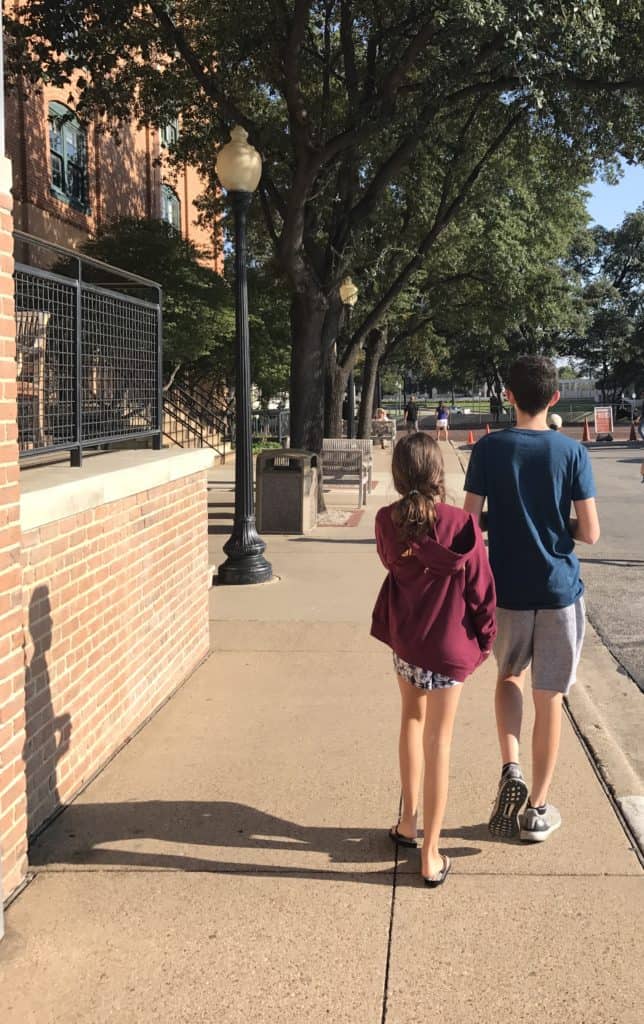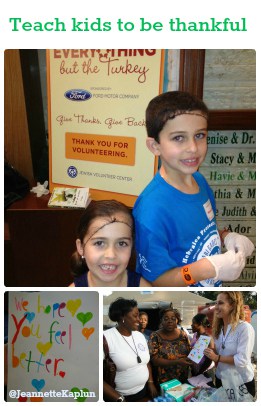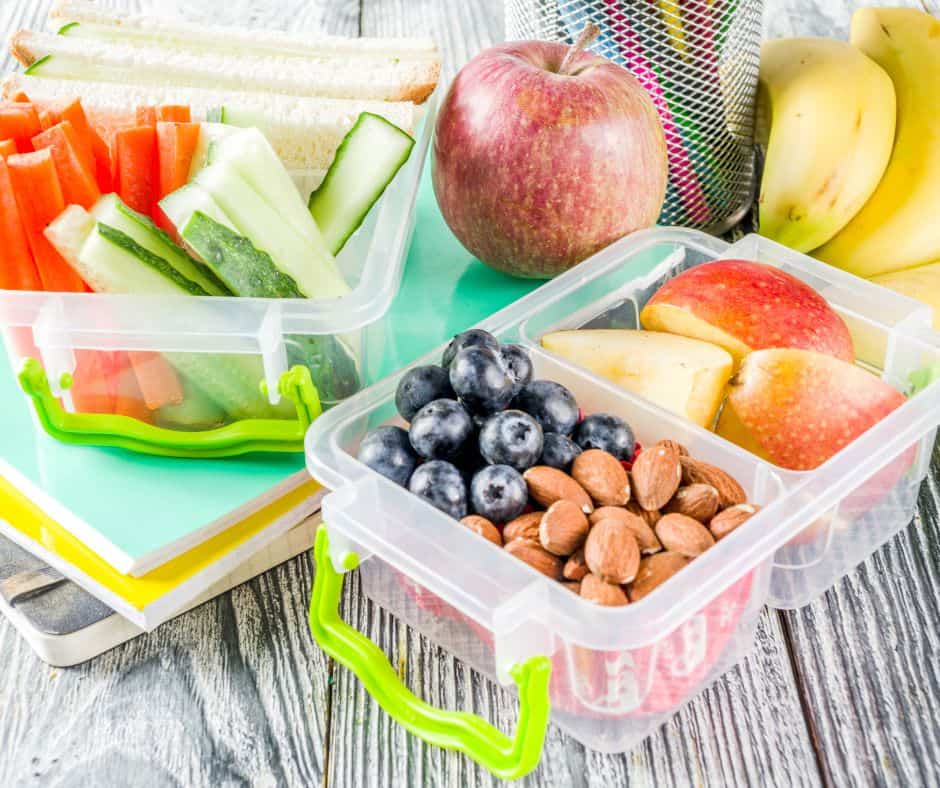How We Can Teach Our Kids To Be Kind


Instead of feeling overwhelmed by it all, it´s best to take a simple approach. I like to empower my children by teaching them what they can control (their actions) and what they can’t (what others do to them) so they concentrate their energy on what they can do. Not only does it make them feel stronger, but it also allows me to teach them different life skills.
Applying the concept of “treat others as you would like to be treated” works for any human interaction, online or offline. It’s also one of the pillars of Google’s Be Internet Awesome site and its new #ItsCoolToBeKind campaign, which I am proudly collaborating with. You can join the conversation on social media by using #itscooltobekind and #beinternetawesome.

 7 Tips To Teach Kids How To Be Kind
7 Tips To Teach Kids How To Be Kind
Being kind is more than being nice. It’s about caring for others, noticing those around us and trying to make others feel better. It also has a contagious effect: more than once I have seen how one small act of kindness unlocks a more positive chain of events. It can be quite powerful and empowering, not only for kids, but for adults as well.
Here are my top tips to teach children to be kind:
- Lead by example. Our kids learn more from our actions than from our words. Be kind and respectful in your own daily interactions.
- Teach them to care about others and to value diversity. Our differences enrich our experiences and our society.
- Volunteer as a family. If you haven’t done so already, try volunteering on a project in your community. It not only helps others, but also helps your child feel empowered and see how small acts add up to create a positive impact in our society. We regularly help package and deliver meals to the elderly, visit senior communities and help prepare Thanksgiving meals.
- Support those being bullied or excluded. Being an ally can be as simple as reaching out to somebody going through a difficult time. Sometimes being an upstander is not viable, especially when our kids are confronted with physical violence. In those cases, we can teach our children to be kind to those suffering, so they show them somebody cares. They can also help report bullying to trusted adults. Only 20% – 30% of students notify adults about bullying.
- When confronted with untrue or mean messages, tell them to stop spreading them. Even if your child didn’t originate rumors, each one of us plays an important role in stopping words from propagating.
- Make it fun. Avoid lectures when trying to teach values to kids. Play Interland with your kids and put your kindness skills to the test at g.co/KindKingdom
- Even if interactions are virtual, remind your child that there is a real person reading words posted online. It’s easy to forget that behind every username and avatar thereʼs a real person with feelings. Also it can be hard to understand what somebody means or how someone is really feeling when youʼre reading a text.
An added bonus of being kind? It’s free! Plus, it’s an amazing investment. By helping improve our world, we teach our kids they can make things better, too.
3 THINGS YOU CAN DO RIGHT NOW IF YOUR CHILD SUFFERS FROM BULLYING
- Reinforce your child’s self-esteem. Make him or her see that it is not their fault and remind them that nobody can control the behavior of others. However, they can control how they respond to other people’s actions.
- Talk to the school and teachers so they know what is going on, but ask them for confidentiality. Take notes of every meeting or document each call you have so you have a record of what was spoken and promised.
- Give hope. Remind your child that this is a temporary situation and that together you will find a solution.
I do believe together we can change things for the better. Will you join me?
Disclosure: special thanks to Google for providing great tools and resources for parents, and for sponsoring this post. All opinions are my own.

 7 Tips To Teach Kids How To Be Kind
7 Tips To Teach Kids How To Be Kind






